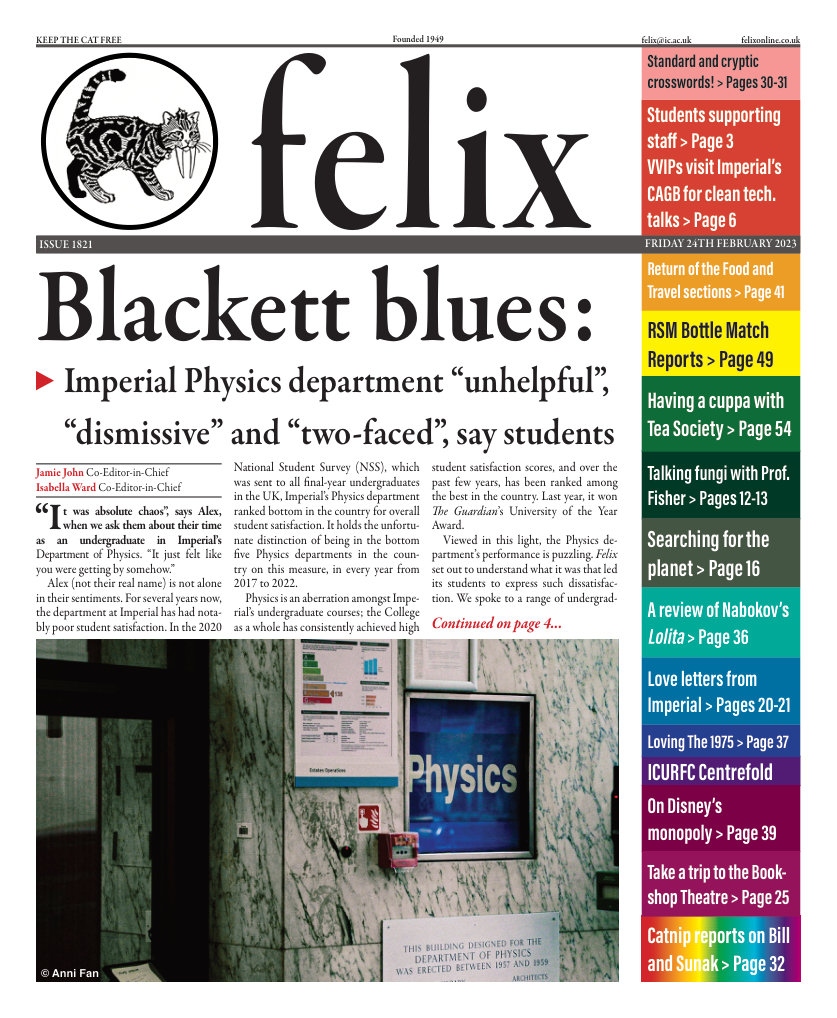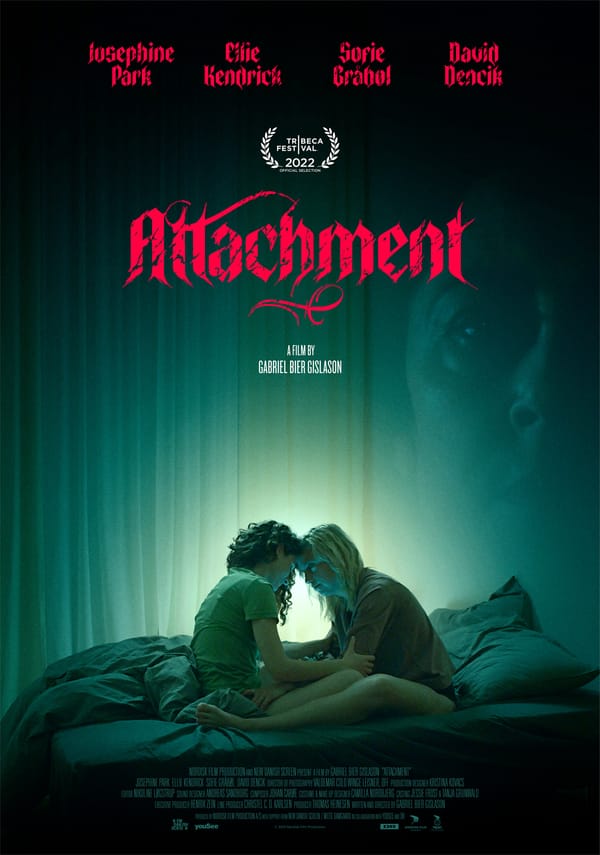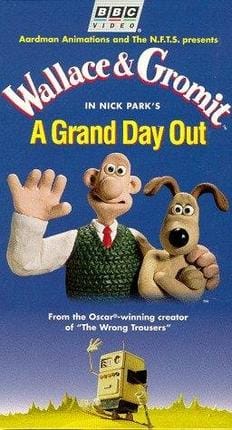Monopoly: the movie(s)
Film Editor Jonah Hewett discusses the implications of the money and power behind the film industry

In 1948, the Supreme Court of the United States changed the fate of Hollywood (and, by extension, the entire English-language film industry). From the silent era onwards, the ‘Big Five’ film studios (and the ‘Little Three’) were establishing a de facto oligopoly on film production and distribution; they owned the films, the film laboratories, the writers, and the majority of the movie theatres (which, at the time, tended to have only one screen). This, evidently, gave them a significant amount of control over what showed, and what didn’t (with a charming preference for films they themselves owned). United States v. Paramount Pictures, Inc., under the USA’s anti-trust laws, decreed a separation between film distribution and exhibition, and outlawed and regulated various nefarious practices that the studios used to strongarm the few theatres that they didn’t own. The result was a huge increase in the number of independent (of the main companies) producers, studios and movie theatres.
It isn’t hard to see the parallels to the current state of the film industry. In 2021, Disney alone owned over 25% of the market share for film studios in North America [statistica] with Sony following close behind at 23.1%. In Disney’s case, the majority of that revenue came from Shang-Chi and the Legend of the Ten Rings, Black Widow, and Eternals. For Sony; Spider-Man: No Way Home and Venom: Let There Be Carnage. The common thread there, if you haven’t spotted it, is that they are all Marvel properties. In fact, the first film on the list that isn’t a continuation or reboot of a pre-existing franchise is Free Guy, at 10th place, from 20th Century Studios – although it does contain cameos of lightsabers, Hulk fists, and Captain America, thanks entirely to the fact that 20th Century was acquired by Disney in 2019.
Note that this isn’t a self-indulgent Marvel-bashing article (although that would still be warranted) – the issue isn’t necessarily with the quality of Marvel films, but with the zeitgeist chokehold they’ve held for over a decade. The acquisition of Marvel in 2009 allowed Disney to more than double its market share in the first five years and dominate the box office for the whole of the 2010s. They pioneered the concept of the ‘cinematic universe’, and showed the rest of the industry the money-making power of pre-existing intellectual property. Obviously, the MCU wouldn’t have had as much staying power if it hadn’t produced some good films to begin with, but Disney quickly realised that as long as they had the same narrative link and formula – be it Iron Man, Spiderman, or the illustrious ‘crossover’ – they could pretty much churn out any milquetoast, fanservice feature and still make the big bucks.
These franchises became even more valuable as the age of streaming emerged, where the production of spin-off shows could drive customers towards the individual streaming services operated by each studio. Streaming also precipitated a huge rise in ‘consolidation’ of the industry – the purchasing of legacy studios by the dominating companies. In 2016, AT&T bought Time Warner (Warner Bros. and HBO); in 2018, Disney made the hugely significant purchase of 20th Century Studios for $71 billion; and recently, in 2021, MGM Studios was bought by Amazon for a paltry $8.45 billion. The effect of these purchases is giving those companies control over an entire century of cultural backlog, even more existing popular films and shows (think about how many times you’ve seen the 20th Century production logo at the start of a movie) to entice people onto their streaming sites. After Disney’s purchase, they immediately began blocking the licensing of old 20th Century films to independent theatres – many of which rely on archive screenings to stay afloat.
It also provides more content for future reboots – no one else really had a chance at making Rings of Power once Jeff Bezos set his sights on the Tolkien estate. The deep pockets of Big Tech (Amazon, Apple, Netflix) as they entered into media production also drove up prices. All this has the effect of ‘altering the cultural output’, as Paris Marx put it in his article for Tribune - which projects get greenlit, which films and shows we see on our favourite streaming sites, is all dictated by the boards of a small number of multimedia conglomerates. It’s almost uncanny how similar the current situation is to that of the 30s and 40s; a few huge studios that control both production and distribution. Except this time, no one is going to get in their way (and certainly not the US government).
In 2020, the Paramount Decrees, as they became known, were terminated – citing a shift in the media landscape, movie theatres to streaming, that rendered the clauses obsolete. At this point, it might not have a very big effect on the state of the industry, but it is a poignant knell that heralds its direction; never send to know for whom the bell tolls.









